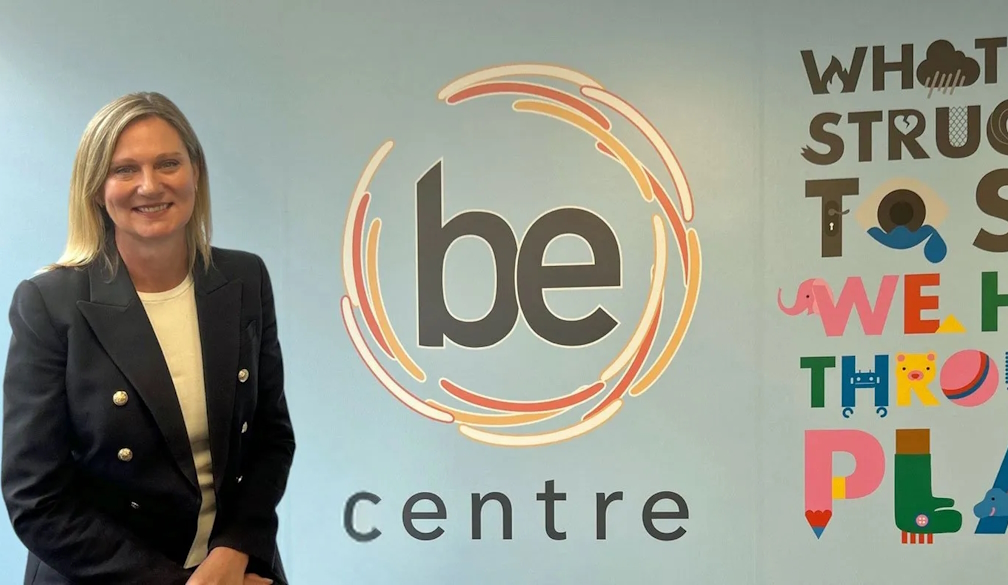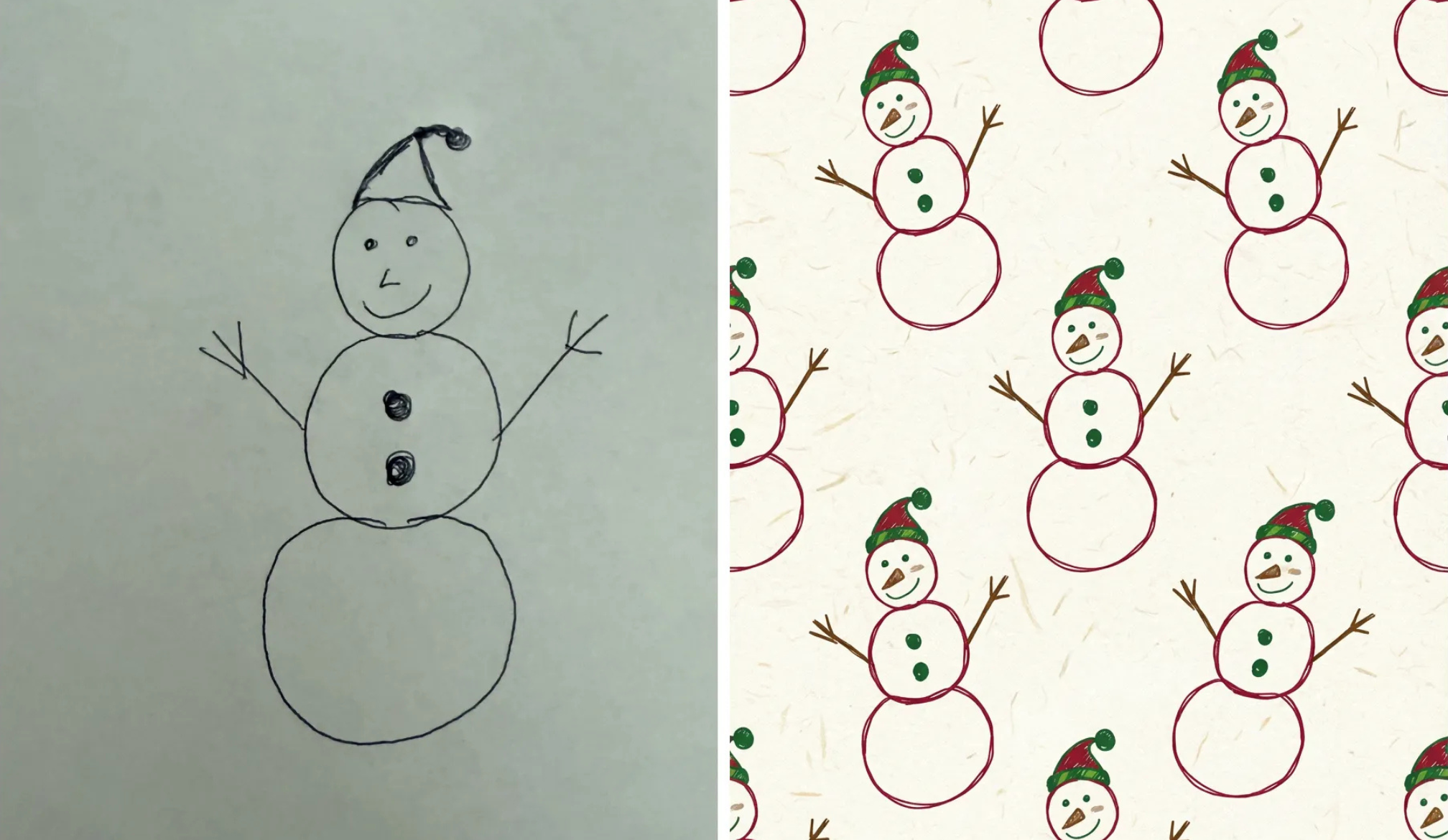Investment in play therapy will be a crucial step for Australia’s children
- Written by Tania Taylor, CEO of Be Centre Foundation

Australia has been saying no to violence for decades, yet our society continues to grapple with a disappointing persistence of domestic violence. This issue feels particularly raw amidst the seemingly endless headlines about disturbing incidents in our communities. How do we solve this problem once and for all? Is there something we haven’t yet given our full attention to, something that could be a beacon of hope?
Children are completely dependent on the adults around them to keep them safe, and the experiences they have throughout childhood can have a significant impact on their adult lives. Sadly, we know that our children are feeling anxious, having challenges with emotional regulation, and being exposed to violence. Data tells us that there has been a disturbing doubling of domestic violence, abuse, and neglect presentations among young children at our northern Sydney dedicated play therapy centre in the last biannual reporting period compared to the period before it.
Let’s make the connection to Australia’s low ranking in classroom behaviour and the alarming rise in violent incidents in the classroom. In Australian schools there are over 1,000 acts of violence against students and teachers occurring annually. Bullying is also rampant, with 27% of students aged four to nine frequently experiencing it. Teachers, too, face significant challenges, with over 80% reporting bullying or harassment from students or parents. It is clear that the need for age appropriate mental health interventions is urgent.
The societal implications of unaddressed mental health issues in children are far too costly. Children exposed to domestic violence and other traumatic experiences are at higher risk for developing severe mental health problems later in life. Early intervention through therapies like play therapy is essential to break cycles of harm and give children a chance to heal and thrive. Investing in children’s mental health is not just a moral imperative; it is a practical necessity for the wellbeing of our communities and future generations.
I urge the federal government to focus on our children’s mental health. We need to see government funding for dedicated play therapy centres, sponsorship programs for disadvantaged families and children who wouldn’t otherwise have access to play therapy, and implementation of play therapy in Australian schools. This will give future generations the best chance at having a safe and fulfilling life.
Play therapy is developmentally appropriate for children because it aligns with their cognitive and emotional stages. Young children often lack the cognitive development to process and articulate complex emotions and experiences verbally. Play allows them to explore and express their thoughts and feelings in a manner suited to their developmental level. The American Psychological Association states that play therapy leverages a child’s natural way of learning and interacting with the world, making it particularly effective for young children.
Children’s prefrontal cortex is not developed to the point where they can resolve their difficulties via their thinking brain. Play therapy allows a child to access the other parts of the brain that process emotions and experience, some of which may not even have conscious memories attached to them. These difficult experiences can be processed at a deeper level, helping children to integrate them and find new ways to be with them so that they don’t impact their world and their behaviour in the same way as previously.
In other countries including Scandinavian countries and the United Kingdom, play therapy is widely accepted and integrated into child mental health services. In the United States, play therapy is a well-established practice with a robust body of research supporting its efficacy. Countries that emphasise holistic and child-centres approaches and wherein play therapy is used in schools, communities, hospitals, and private practices see immense benefits on children, families, and the wider community.
Studies show that children who participate in play therapy experience significant improvements in their emotional wellbeing and relationships, with fewer behavioural difficulties. Parents also report positive changes at home and in school, further demonstrating the effectiveness of this approach. However, despite the growing demand for these services, the federal budget continues to neglect the mental health needs of young children. This lack of funding leaves organisations like us reliant on generous donations to continue this crucial work.
By prioritising children’s mental health, we can create a safer, healthier, and more resilient community for generations to come. We can reduce the incidence of violence and bullying in classrooms and beyond. Many children are in need of help now. We need to see measures taken to support as many of them as possible.
The author
Tania Taylor is the CEO of Be Centre Foundation. Be Centre is a children's mental health charity offering an innovative play and creative therapy program for children aged 3-14 years who have been impacted by trauma such as domestic violence, neglect, abuse, illness and grief, bullying, family breakdown, parental drug and alcohol abuse, depression and anxiety, climate disasters, and other serious life challenges.
Be Centre provides free services to those most disadvantaged and vulnerable so they can access help they would otherwise not be able to.
Established in 2008 and based on Sydney’s Northern Beaches, Be Centre is dedicated to early intervention and stopping cycles of harm. In the last five years, the clinic has held over 10,000 one on one sessions with children. It is focused on helping children heal so they can move forward and create the best possible future for themselves, their families and the community.
For more information please visit www.becentre.org.au























